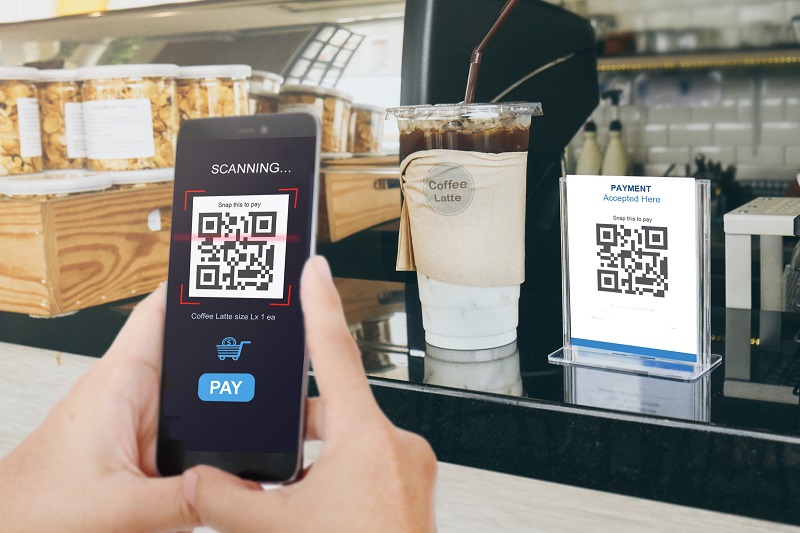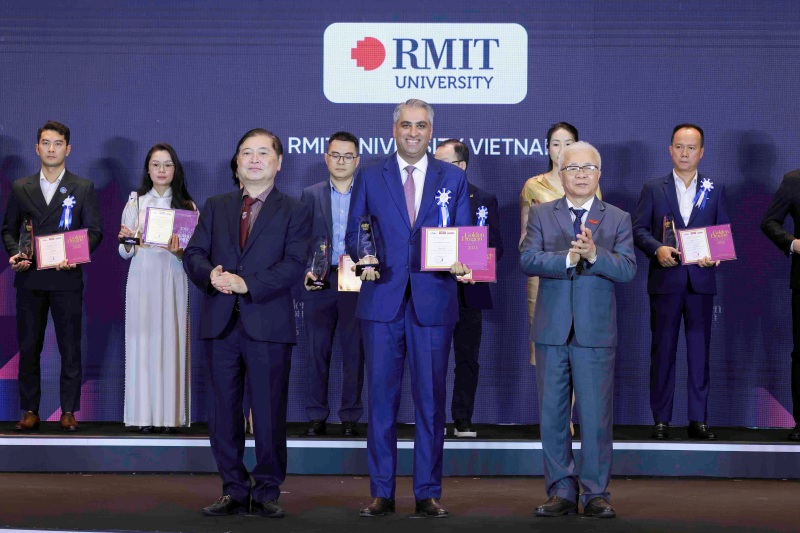Looking at successful e-wallets in or outside Vietnam, which other strategies have been working well? And which have not?
For e-wallet providers, the pandemic has been very timely in accelerating the development and adoption in the marketspace. From lockdowns shifting our consumption online, to the encouragement for contactless transactions due to health and hygiene, a lot has favoured e-wallet providers.
Moreover, if we consider the state of some e-wallet providers we can discern a myriad of dynamics that could have led to this success outside of pandemic-based factors. For example, in terms of value added for consumers, we are seeing Apple Pay give users greater integration and access into the Apple ecosystem, and many (if not all) e-wallet providers are savvy to this idea of the wider digital and physical ecosystem.
Going forward, we are going to see much more integration across the various commercial platforms, extending our ideas of what actually is possible with the IoT. A recent trend has been to integrate brick-and-mortar institutions and geocaching with e-wallets. For example, you can get discounts or vouchers if you use your e-wallet on a multi-service app to travel (and consume) at a physical location.
What hasn’t worked as well is the internationalisation of these e-wallets. These digital payment mechanisms, especially within the context of Vietnam, are still very much localised or regionalised. A dimension that could be addressed would be support for international bank accounts to connect with Vietnamese e-wallets, giving access to foreign users including expatriates who are more comfortable with foreign banks, and more importantly, inbound tourists whose spending could prove very profitable. However, this international dimension could prove challenging in light of varied international regulatory standards, especially with consumer protection. But once again the harmonisation of the banking sector in the early 1980s could provide a template for addressing these international barriers.
Have there been any significant developments in the regulatory framework governing the Vietnamese e-wallet market, as well as its interplay with other financial services?
There are some pertinent regulatory developments within the e-wallet marketspace in Vietnam, and we are still awaiting a substantial amount of confirmation for many rules of law, especially within the realm of consumer and data protection. There are draft decrees that could eventually be written into law, thus harmonising the level of Vietnamese data protection to that of international standards. This could potentially be a big step for the internationalisation dimension of local e-wallet providers.
Another significant development is the recently submitted draft FinTech Sandbox decree, allowing tech start-ups an environment with which to conduct live experiments of their respective services. This sandbox provides the private sector with an environment to develop and innovate solutions to internal and external enterprise issues, whilst enabling regulators an environment to observe the implications of such innovation thus allowing for regulatory cognisance.
The draft decree was submitted in Q4 2021, so we might soon have a platform for Vietnamese and foreign fintech firms to test their provisions. From an academic perspective, it will be exciting and interesting to observe the degree of innovation for both fintech and Industry 4.0 provisions, as well as how the regulators keep pace with this advancement.
Moreover, when we speak about the digital financial services within a Vietnamese context, the characterisation of a nation with a large unbanked population invariably arises. Whilst this is changing rapidly, the unbanked segment of the population does provide substantial opportunities for e-wallet providers. The change in regulatory standards has allowed for a bypass of financial intermediaries through the provision of digital pre-paid cards that can be loaded directly on to e-wallets.
There is scope here, however, for the building of strategic partnerships with financial intermediaries. Economic entities such as banks can gain access to a market segment which they have traditionally found difficult to access for numerous reasons, whilst e-wallet providers can gain access to banking-based infrastructure such as the branch network from which additional services can be extended.
About the expert
Dr Seng Kiong Kok is a lecturer in Finance at RMIT University, where his teaching is focused on core financial topics such as corporate and international finance, financial risk management and derivatives, and financial markets. His research interests include examining corporate governance mechanisms within alternative financial systems, market microstructure, and blockchain use-cases and governance.
Story: Ngoc Hoang






